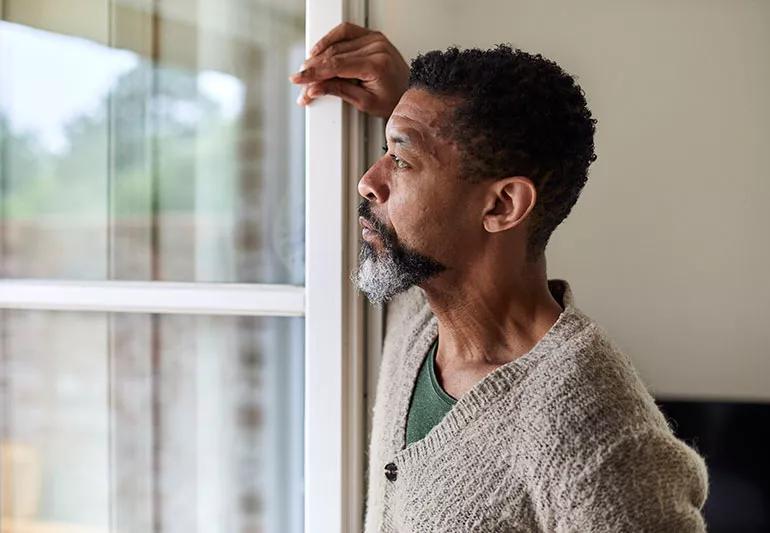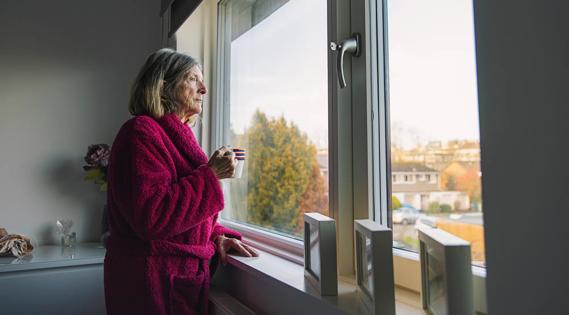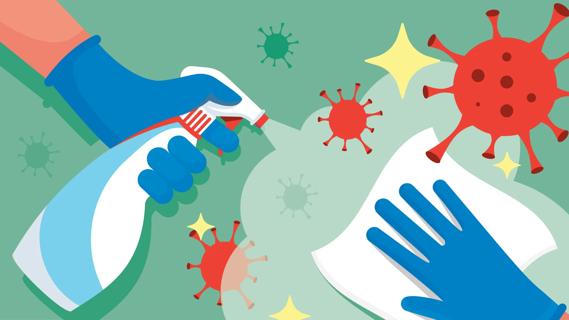Advertisement
Get the short answer from an infectious disease specialist

Q: If you’ve been exposed to COVID-19 but have received one or both doses of the vaccine, do you still need to quarantine?
Advertisement
Cleveland Clinic is a non-profit academic medical center. Advertising on our site helps support our mission. We do not endorse non-Cleveland Clinic products or services. Policy
A: The CDC recently issued public health recommendations for vaccinated persons. While the efficacies of the vaccines give us reasons to be optimistic (94.1% for Moderna’s and 95% for Pfizer’s), the recommendations suggest that vaccinated people still need to take the necessary precautions to protect themselves and others from COVID-19.
It’s important to keep in mind that if you’ve been partially or fully vaccinated, that doesn’t necessarily mean that you’re off the hook when it comes to quarantining after being exposed to the virus. According to the CDC, there are three criteria that you need to meet before you can consider not quarantining. They include:
If you don’t meet those three qualifications, and you have to meet all three, it’s best for you quarantine for at least 10 days without testing or seven days if you’ve tested negative for COVID. If you want to take extra precautions, you can quarantine for 14 days.
Advertisement
While the vaccines have been proven to be highly effective, there are still a few unknowns. Right now, the medical community is still trying to get a better understanding of how long protection lasts and how effective the vaccines are in reducing transmission. Also, the efficacy of the vaccines against emerging SARS-CoV-2 variants is still being studied.
This is part of a larger topic of “now that I am vaccinated what can I do?” But for the time being, think of the vaccine as another layer of protection. You still need to wear a mask, maintain distance, etc., but things will get better.
— Infectious disease physician, Thomas Fraser, MD
Advertisement
Learn more about our editorial process.
Advertisement

Studies have shown promising results, but additional research is needed

Infection and inflammation can cause you to lose your voice and have other voice changes until you’re fully healed

A COVID-19 infection can bring on depression or anxiety months after physical symptoms go away

Just like the flu, COVID-19 continues to evolve every year with new and smarter variants

The latest omicron subvariants carry specific mutations that may allow the SARS-CoV-2 virus to be better at evading immune protection

You can work out with mild COVID-19, but not in a gym, and listen to your body and don’t overdo it

Most people can return to work and regular life when they’re symptom-free for 24 hours

Lysol Disinfecting Wipes are just one of more than 500 products approved by the EPA for protection against the SARS-CoV-2 virus that causes COVID-19

If you’re feeling short of breath, sleep can be tough — propping yourself up or sleeping on your side may help

If you fear the unknown or find yourself needing reassurance often, you may identify with this attachment style

If you’re looking to boost your gut health, it’s better to get fiber from whole foods